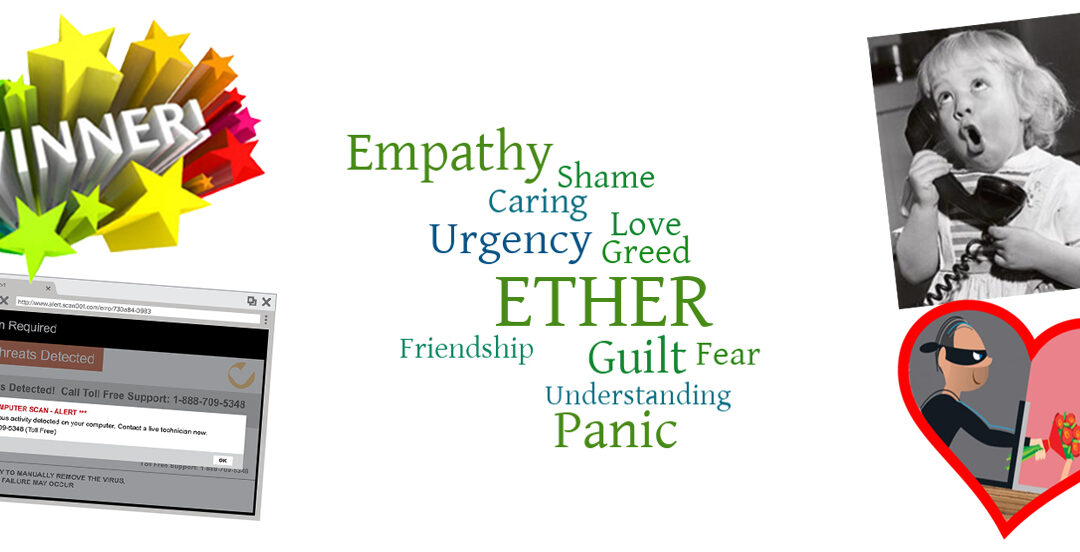Or did I? Never mind, I’m so excited I can’t think!!
Sweepstakes are one way that imposter scammers try to trick you into sending them your hard-earned money. They’ll send you a letter, an email, or a text, maybe even call you on the phone with the amazing news that you’ve one a million dollars. Or a car. Or a car and a million dollars. Very exciting! But then they ask for something a little unusual… money. In order to claim your prize, you need to send a cashier’s check or gift cards or bitcoin in the amount of $15,000 or $10,000 or some other large amount. They say it’s to cover taxes or fees. They’ve got you so excited that you’ve won that you don’t stop to think that this doesn’t sound quite right.
It’s not right. Legitimate sweepstakes companies do not charge fees or ask you to pay taxes up front. In fact, requiring a fee or purchased to win a sweepstakes in not legal. And the taxes? The IRS would handle those when you claimed your winnings on your taxes.
That feeling of excitement in thinking you’ve won the jackpot? Scammers rely on emotions like excitement, fear, guilt, love, shame and more in order to get you into a state called “ether”, like the inhaled anesthetic that makes you feel loopy. It’s a place where our emotions begin driving our responses rather than the rational part of our brain.
Imposter scammers work very hard to get you to believe they are someone they are not. A new love, a grandchild in trouble, a computer technician who just wants to help.
Here are some red flags to watch out for:
- A government agency or financial institution won’t call, text, or email you out of the blue to ask for personal, confidential information. They won’t try to panic you into acting with urgency, or have you use gift cards to pay “fees or fines” over the phone or by text.
- Law enforcement will not call you to tell you they are going to arrest you.
- An email that claims to be from a company or government agency has a very strange email address, often a gmail.com account, even though it may be named something like “Accounts Department”.
- If pretending to be a grandchild or friend, the caller will say their voice sounds different because of an accident or illness. They might call you by a name you don’t use (like grandma instead of nana). Once they think they have you believing they are your loved one, then they will ask you for money for bail, lawyer fees, and more.
- For romance scams, they will have very few photos and details on their profile and usually declare their love after a very short time. They work hard to gain your trust, then start asking for significant amounts of money for legal costs, plane tickets, etc. – anything that’s “keeping” them from coming to see you.
The number one tip to avoid phone scams is to not answer a call from an unknown number – if it’s someone who needs to get in touch with you, they will leave a message. If you do answer and it begins to feel like a scam, hang up! Trust your instincts.
For email and texts that don’t seem right, don’t click on any links or call any phone numbers they provide. If you do click on a link and they start asking for personal information, stop communicating.
Our SafeSeniors Coordinator is available to give a presentation on staying safe from abuse, neglect, and financial exploitation, including scams. To learn more or to get something on the calendar, call her at 231-726-7106 or email her at chrisb@agewellservices.org.
You can also see a copy of the presentation online by clicking here and learn more about scams and available resources to help by clicking here.

